Pipe in a Cottage
chapru
17 years ago
Related Stories
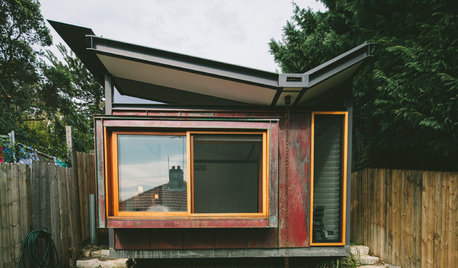
COTTAGE STYLEHouzz Tour: Beach Shack Reborn as a Copper-Clad Cottage
A tranquil home with a copper exterior lets in ocean air, sunlight and greenery on a challenging site
Full Story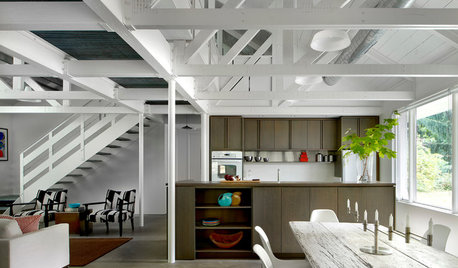
VACATION HOMESHouzz Tour: Moss-Covered Lakeside Cottage Now a Modern Marvel
A 1949 Michigan weekend cottage with a sunken roof gets a makeover that stays true to the house's humble roots
Full Story
DECORATING GUIDESHouzz Tour: Clever DIY Tricks Warm a Rustic Rental Cottage
An interior designer finds ways to beautify her family’s temporary home — and still keep the landlord happy
Full Story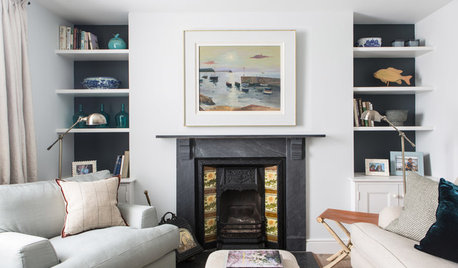
COASTAL STYLEHouzz Tour: A Cornish Coastal Cottage for 3 Generations
This century-old English seaside home gets an update for modern living yet retains its old charm
Full Story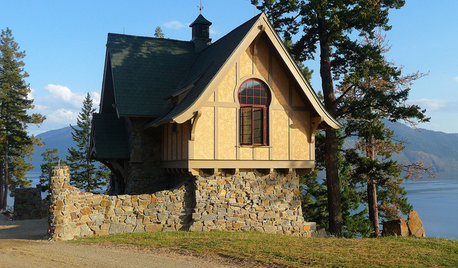
ARCHITECTUREHow to Design a Storybook Cottage
A client’s request: “Build me a house where Disney meets Tudor.” The architect explores the details that make the style
Full Story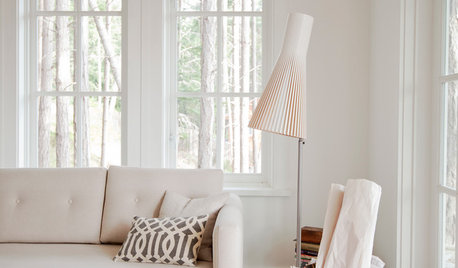
MODERN HOMESHouzz Tour: Organic and Natural in an Island Cottage
Organic linens and an all-white palette create a refreshing summer home on a remote island
Full Story
HOUZZ TOURSHouzz Tour: Pushing Boundaries in a Sydney Cottage
Expanding and adding on give an Australian family an extra bedroom, an office and — at long last — an indoor bathroom
Full Story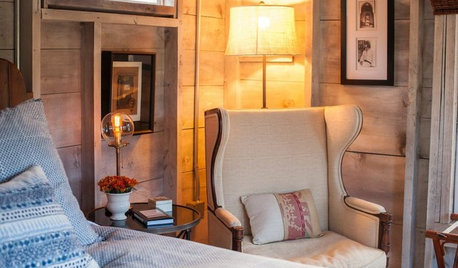
ROOM OF THE DAYRoom of the Day: A Maine Guest Cottage Steeped in Charm
Once offering eggs for sale, this little guesthouse now offers a serene experience in a refined rustic setting
Full Story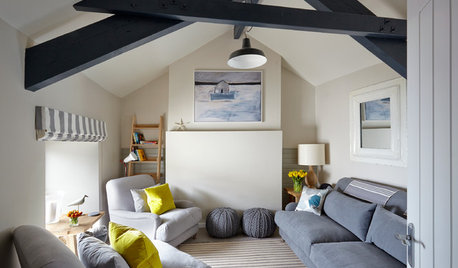
COASTAL STYLEHouzz Tour: Calm Descends on a Cottage at the Sea
Soft grays with spots of bright color create a relaxed mood in this Cornish clifftop home with stunning ocean views
Full Story
HOUZZ TOURSHouzz Tour: An East Coast Cottage Look in Los Angeles
Traditional Eastern Seaboard style takes root in a new LEED Gold home in Southern California
Full StoryMore Discussions






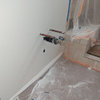
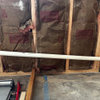
castoff
chapruOriginal Author
Related Professionals
Arlington Handyman · University City Kitchen & Bathroom Remodelers · Normal Kitchen & Bathroom Remodelers · Boca Raton Kitchen & Bathroom Remodelers · Elk Grove Kitchen & Bathroom Remodelers · Ewa Beach Kitchen & Bathroom Remodelers · Fremont Kitchen & Bathroom Remodelers · Islip Kitchen & Bathroom Remodelers · Key Biscayne Kitchen & Bathroom Remodelers · Kuna Kitchen & Bathroom Remodelers · Pasadena Kitchen & Bathroom Remodelers · Patterson Kitchen & Bathroom Remodelers · Rolling Hills Estates Kitchen & Bathroom Remodelers · Sun Valley Kitchen & Bathroom Remodelers · Travilah Kitchen & Bath Fixturescastoff
chapruOriginal Author
plumberrick
bus_driver
chapruOriginal Author